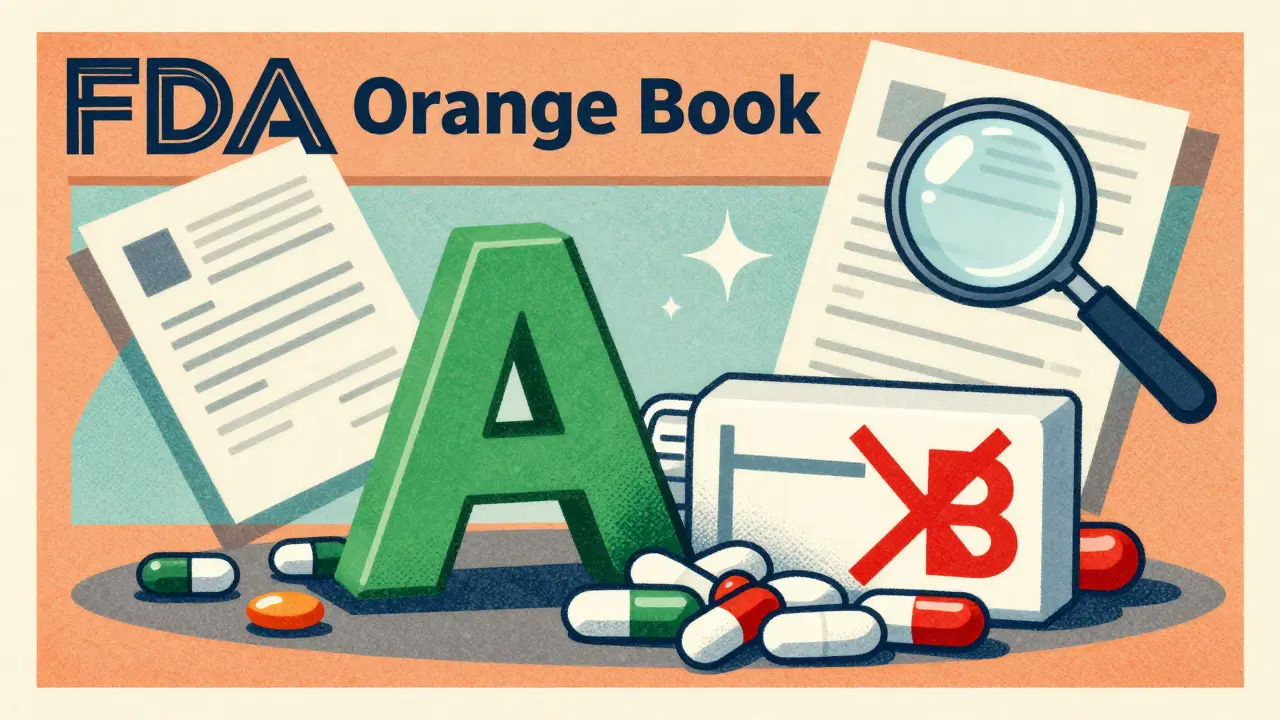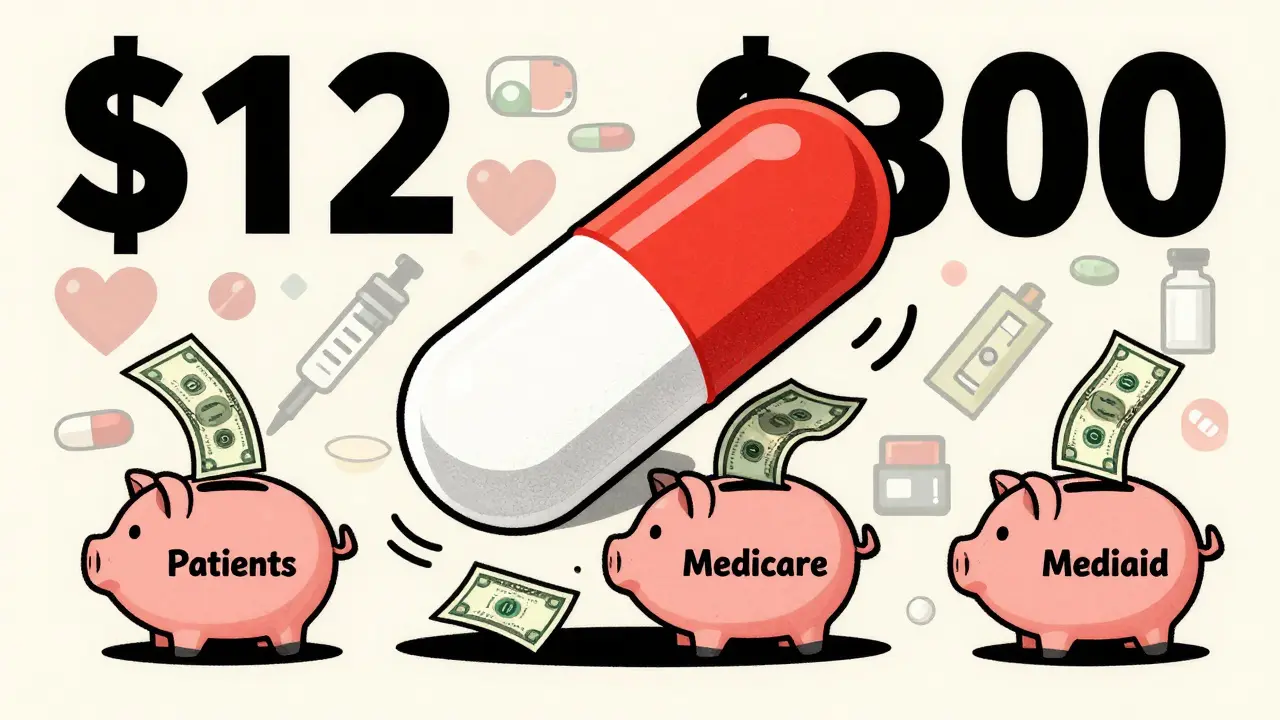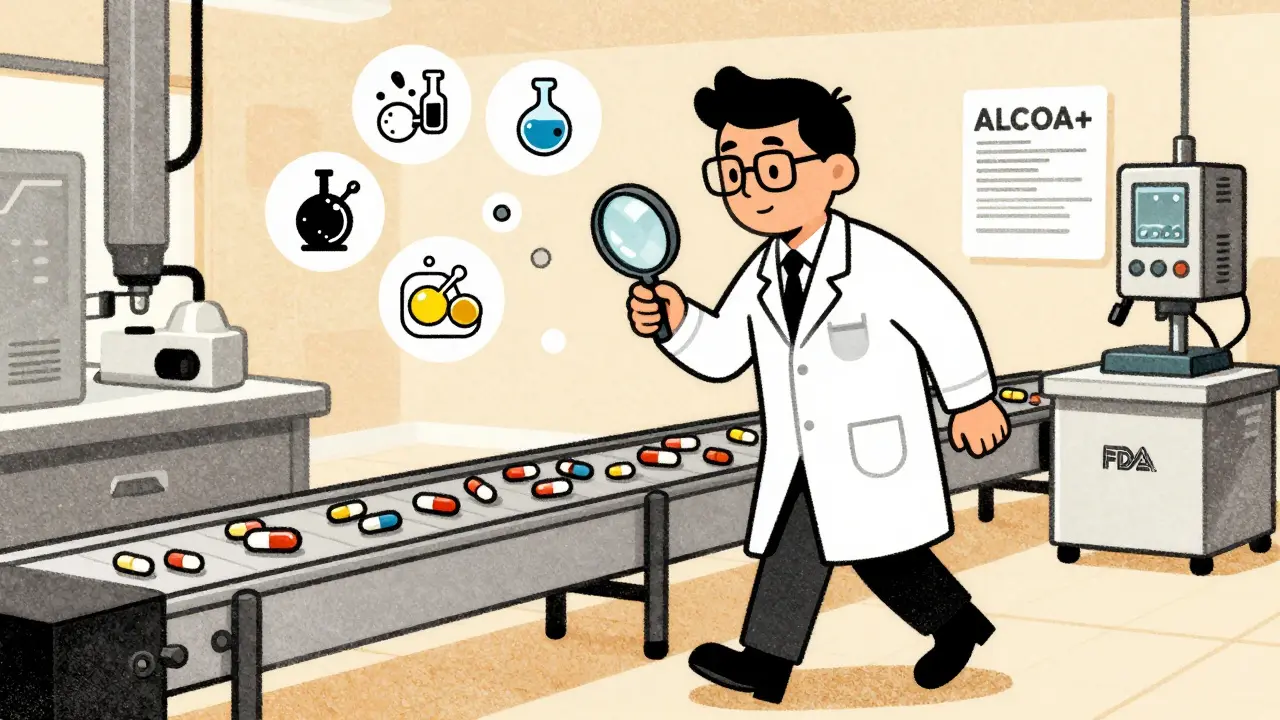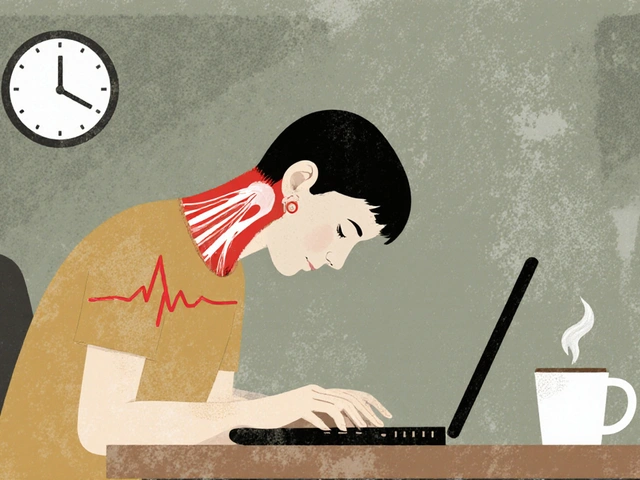Author: Cillian Osterfield - Page 3

- Jan 26, 2026
- Posted by Cillian Osterfield
FDA Orange Book: How Approved Generic Drugs Are Listed and Why It Matters
The FDA Orange Book lists all approved generic drugs and their therapeutic equivalence to brand-name versions. It's the key resource for pharmacists, doctors, and insurers to determine which generics can be safely substituted.

- Jan 23, 2026
- Posted by Cillian Osterfield
How to Store Prescription Labels and Leaflets for Future Reference
Keep prescription labels and leaflets organized to prevent dangerous medication errors. Learn how to store them physically and digitally for long-term safety and peace of mind.

- Jan 22, 2026
- Posted by Cillian Osterfield
Future Economic Trends: Forecasts for Generic Drug Markets
Generic drug markets are set to grow to over $700 billion by 2030, driven by patent expirations, aging populations, and cost pressures. Biosimilars, India and China's manufacturing power, and tech-driven efficiency are reshaping global healthcare affordability.

- Jan 21, 2026
- Posted by Cillian Osterfield
Thyroid Medications: How to Take Levothyroxine Right to Avoid Absorption Problems
Learn how to take levothyroxine correctly to avoid absorption issues caused by food, coffee, calcium, and other common substances. Timing matters more than most people think.

- Jan 20, 2026
- Posted by Cillian Osterfield
Annual Savings from FDA Generic Drug Approvals: Year-by-Year Breakdown
FDA generic drug approvals save billions each year, with total savings reaching $445 billion in 2023. Year-by-year breakdowns show spikes when big drugs lose patents, and patients pay up to 90% less with generics.

- Jan 19, 2026
- Posted by Cillian Osterfield
How Governments Control Generic Drug Prices Without Direct Price Caps
Governments don't set prices for generic drugs - they let competition do the work. Learn how policies like Hatch-Waxman, FDA approvals, and FTC enforcement keep generics affordable without price controls.

- Jan 18, 2026
- Posted by Cillian Osterfield
Travel with Blood Thinners: How to Stay Safe Abroad
Traveling with blood thinners is safe if you plan ahead. Know your medication type, pack extra doses, stay hydrated, move during flights, and carry your medical records. DOACs are ideal for travelers.
- Jan 17, 2026
- Posted by Cillian Osterfield
Lot Number Tracking: How the FDA Identifies Problem Food Batches
The FDA uses Traceability Lot Codes to quickly track contaminated food batches, cutting outbreak response times from weeks to hours. Learn how this system works, which foods it covers, and why it matters for your safety.

- Jan 16, 2026
- Posted by Cillian Osterfield
How FDA Ensures Generic Drug Quality During Manufacturing
The FDA ensures generic drug quality through strict cGMP standards, unannounced inspections, and rigorous testing of every manufacturing step - not just the final product. This system keeps 90% of U.S. prescriptions safe and affordable.

- Jan 15, 2026
- Posted by Cillian Osterfield
Asthma vs. COPD: Key Differences in Symptoms and Treatment
Asthma and COPD cause similar breathing problems, but they’re different diseases with different causes, symptoms, and treatments. Learn how to tell them apart and what each means for your long-term health.
Categories
- Health and Wellness (73)
- Medications (72)
- Health and Medicine (28)
- Pharmacy Services (12)
- Mental Health (9)
- Health and Career (2)
- Medical Research (2)
- Business and Finance (2)
- Health Information (2)
Latest Posts
©2026 heydoctor.su. All rights reserved





